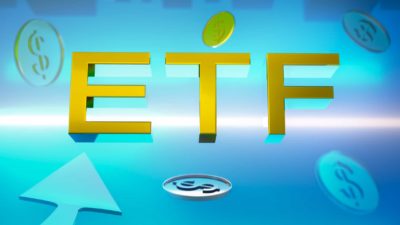The Beach Energy Ltd (ASX: BPT) share price has been an early outperformer this year. Shares in the Aussie oil and gas company are up 14.28% in 2020 to $2.88 so far in 2020.
Beach's market capitalisation has now swelled to an impressive $6.55 billion. For context, that puts Beach just below AMP Limited (ASX: AMP) and above TPG Telecom Ltd (ASX: TPM) and Evolution Mining Limited (ASX: HVN) on the S&P/ASX 200 (INDEXASX: XJO) (as at close of trade 20 January 2020).
So, with the Beach share price surging to new record highs this year, is there anything that can slow the Aussie energy stock down?
Why the Beach Energy share price continues to climb
One of the biggest factors fuelling the Aussie energy provider's shares in recent years is high east coast Australian gas prices. Politicians and the ACCC have scrambled for a consumer solution, but the continued lack of policy action has meant that the oil and gas producers that have continued to benefit.
Similarly, markets have been shaken in recent times due to tensions in the Middle East and Gulf countries, along with the recent tension between the United States and Iran.
However, oil prices are influenced by supply and demand, which has actually held up in recent times. The Beach Energy share price is now up more than 697% since this day in January 2016, in a sign of its recent bullish run.
Can anything stop Beach Energy in 2020?
It's definitely a case of so far, so good for Beach Energy shareholders in 2020.
Bloomberg is reporting Libya has closed its biggest oil field and Iraq has halted some production yesterday morning. That saw both Brent and WTI crude oil prices surge higher before tapering off in the US trading session overnight.
However, the Beach Energy share price could be on the march towards the $3.00 barrier in today's trade following the news.
The major risk I see is structural change to the market, with government policy a potential barrier. With debate around climate change in response to the devastating bushfire season, there's a chance "Big Oil" could be targeted by the Federal Government.







